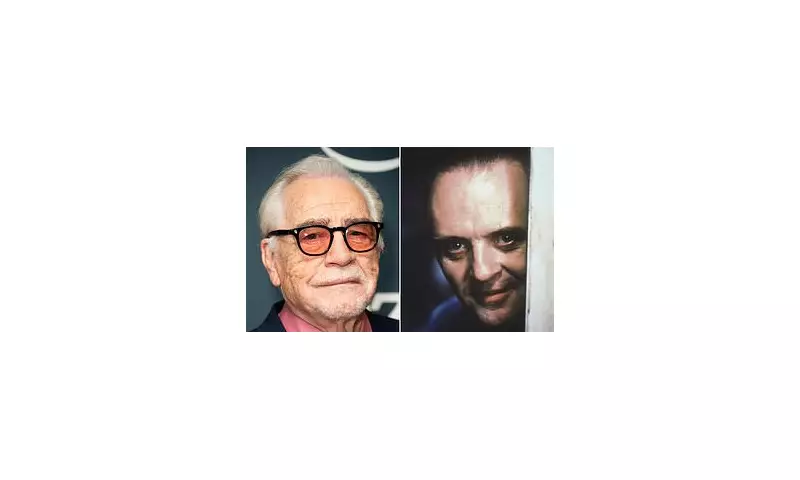
In a stunning revelation that will send shockwaves through the film world, acclaimed Scottish actor Brian Cox has launched a scathing attack on Sir Anthony Hopkins' legendary portrayal of Hannibal Lecter, branding it a misinterpretation that became a 'massive distraction'.
The Succession star, who originated the role of the cannibalistic psychiatrist in Michael Mann's 1986 thriller Manhunter, believes his own understated performance was far more authentic to the character's essence.
'Hopkins Created a Circus Act'
Cox didn't mince words when comparing the two interpretations. 'It's a very good performance, but it's... it's a massive distraction from the actual reality of who Hannibal Lecter is,' he stated. The criticism centres on Hopkins' approach, which Cox views as overly theatrical and detached from the character's true nature.
'He was too theatrical. It was like he was doing this... thing,' Cox explained, suggesting Hopkins' performance veered into sensationalism rather than capturing the chilling reality of a psychopath.
The Cox Method: Chilling Reality Over Theatrics
Where Hopkins chose to create a larger-than-life monster, Cox's approach was rooted in terrifying plausibility. 'I played him as a man who has a disease,' Cox revealed, emphasising his commitment to portraying Lecter as a real, functioning psychopath existing in our world.
This grounded interpretation, Cox argues, is ultimately more frightening because it feels possible. His Lecter wasn't a mythical monster but a brilliant, deeply disturbed individual you could imagine meeting—a concept far more unsettling than Gothic horror.
A Legacy Overshadowed
Despite creating the role first, Cox's nuanced performance in Manhunter has long been overshadowed by Hopkins' Oscar-winning turn in The Silence of the Lambs. The actor admits to a degree of professional frustration, not with Hopkins personally, but with how the flamboyant interpretation came to define the character for millions.
Cox's comments provide a fascinating insight into the art of acting and how different approaches can define a character's legacy. His critique is less a personal attack and more a defence of a more subtle, psychologically-grounded school of performance.
This bold perspective from one of Britain's most respected actors is sure to ignite fierce debate among film critics and fans alike about what truly makes a performance great—showmanship or subtle authenticity.





